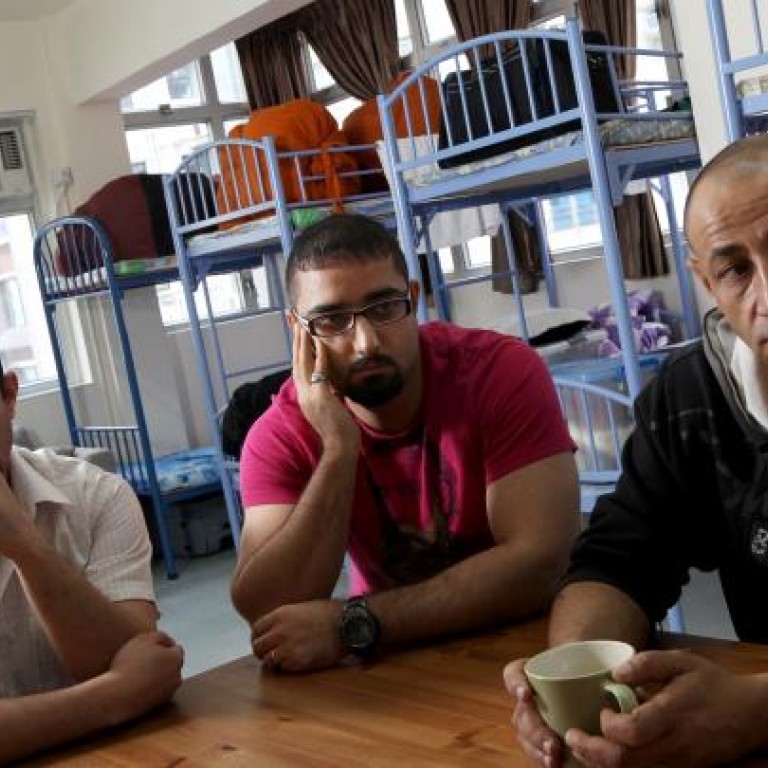
Adopting refugee convention would not be a slippery slope for Hong Kong
Philip Karani reminds the city of its tradition of caring for those in need
Imagine looking out over the Shenzhen River and seeing thousands of people at the border, trying to get into Hong Kong. Many, if not most, have been persecuted, because of their religion, or their political opinion, or even just their family name. They want to come to Hong Kong not only for a better life, but also, in many cases, for any life at all. What would the Hong Kong government do? What would you do?
In recent weeks, some Hongkongers have called for refugees to be turned away; in the words of one commentator, Victor Fung Keung, "we must take care of ourselves first before considering helping others; or else both Hong Kong people and so-called asylum seekers would sink into Victoria Harbour and drown".
Perhaps those who share this view have forgotten that so many Hong Kong people were once refugees themselves. Between 700,000 and 1 million refugees crossed into Hong Kong in the 1950s, eventually comprising one-third of the city's population.
The situation was so serious that in 1957, the United Nations General Assembly passed a resolution allowing the High Commissioner for Refugees (UNHCR) to help refugees in Hong Kong, the first time the international community had recognised there were refugees outside of Europe.
Some of those refugees were Christians who went on to found the venerable institution where Mr Fung now teaches, the Hong Kong Baptist University.
Today, the number of asylum seekers in Hong Kong represents fully one hundredth of 1 per cent of the Hong Kong population. The number of refugees here is a fraction of that. So when Mr Fung and others claim that acceding to the 1951 Refugee Convention would create a magnet effect that destabilises Hong Kong and brings the city to its knees, they are far less confident than I am in Hong Kong's proud legal traditions.
When it comes to expedient but fair due process, no one can compete with Hong Kong, and were the government to implement robust refugee-status determination procedures under the Refugee Convention, the effect would be that of a deterrent, not a magnet. Economic migrants who have not been persecuted for the specific reasons enumerated in the Refugee Convention would know that they were likely to have their claims denied, and quickly. They would not, as some fear, be in any position to steal jobs from the locally unemployed.
But for those who are at risk of serious harm - including torture or even death - because of their religion, political beliefs or even their family name, Hong Kong would remain a sanctuary, a stepping stone from which they could rebuild their lives, just as it was to the hundreds of thousands of refugees who came here in the 1950s and built this city into one of the most dynamic places on Earth.
For providing a haven to those in need is not, as Mr Fung suggests, about simply doing one's part and moving on. We do not stop offering our seats on the MTR to the elderly or disabled once we have done our "share". We continue to do so, because it is the right thing to do, because some need help more than others, and because we know, from this city's own rich history, that when we help others, we help ourselves.
For more than half a century, Hong Kong has taken in refugees when they had nowhere else to go, whether they are the handful of refugees who find safety here today, Vietnamese boatpeople a generation ago, or your grandparents in the 1950s. Becoming a party to the Refugee Convention will ensure that this admirable tradition continues, in a manner that the Hong Kong people decide for themselves.
